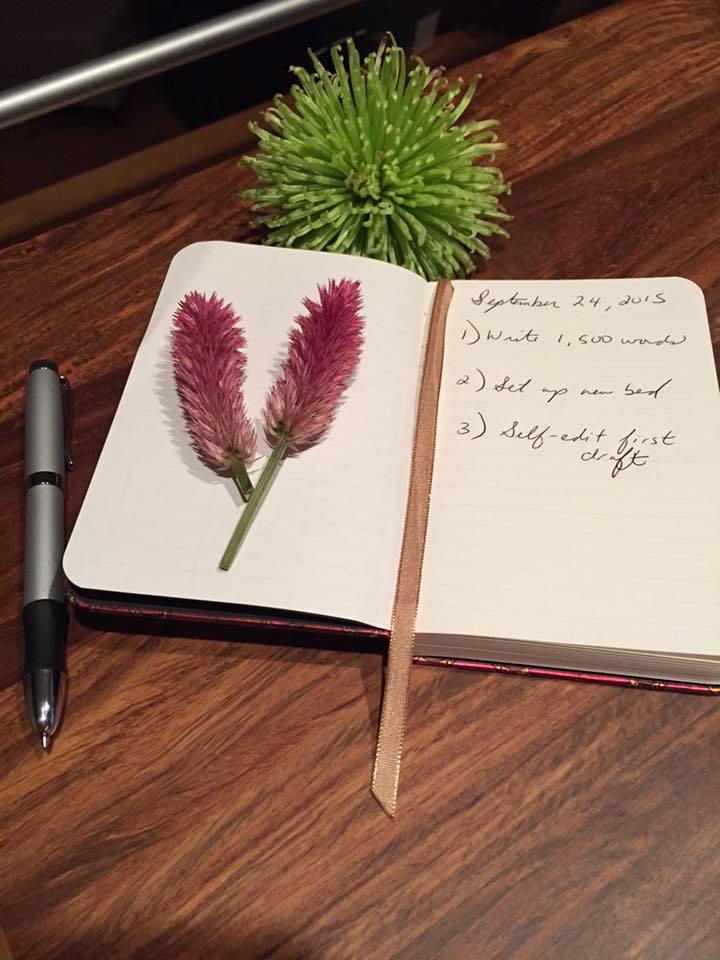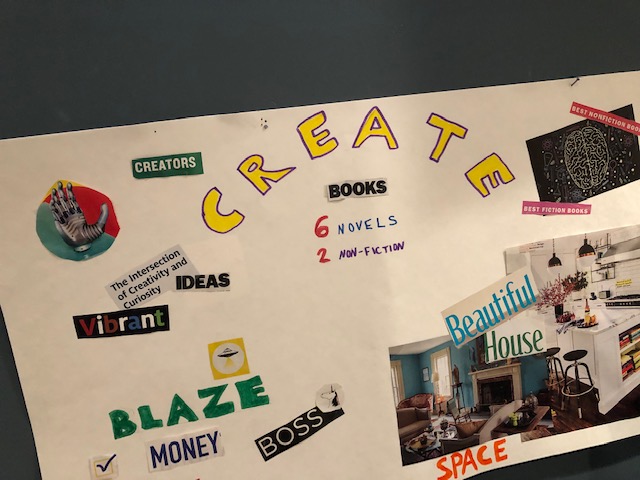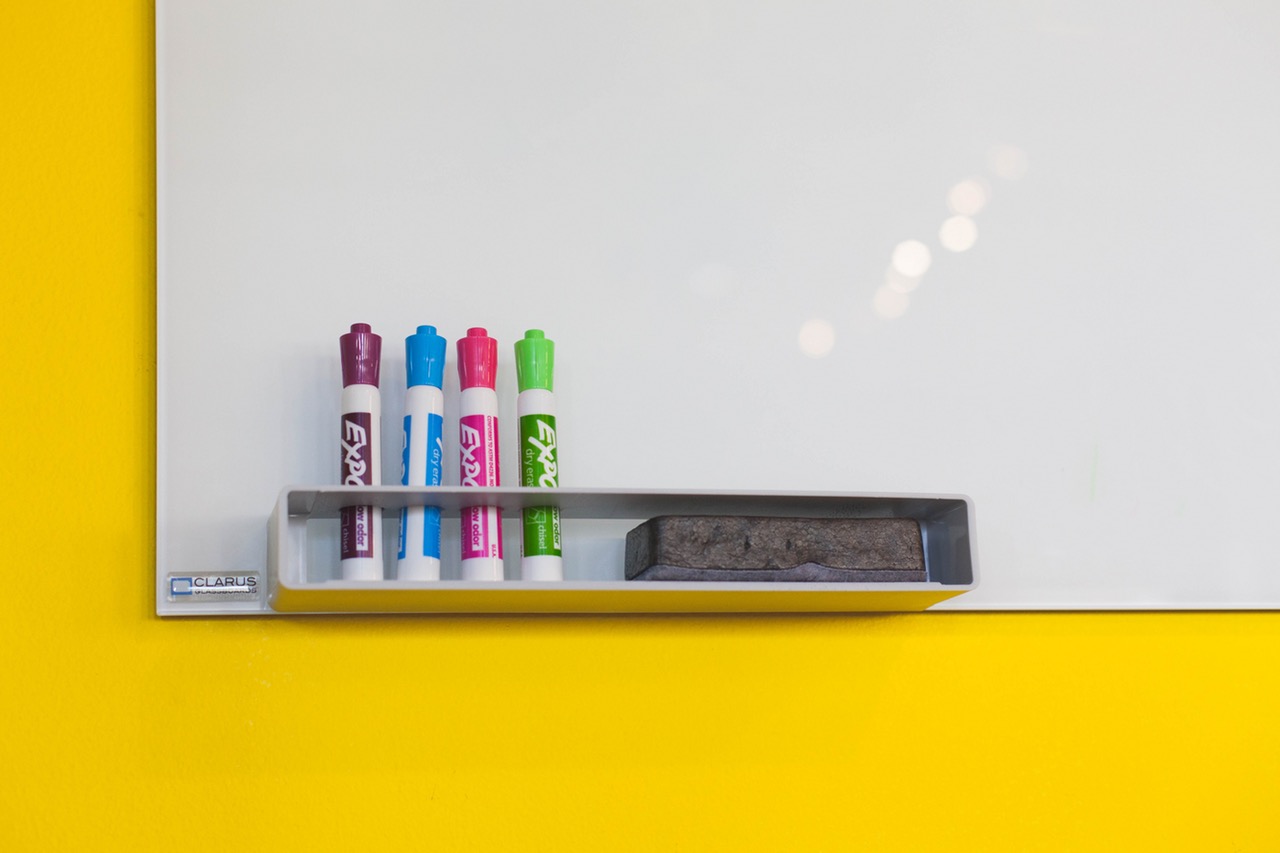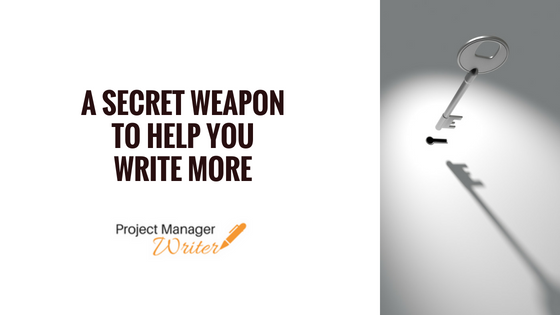Tell me if this sounds familiar. You have an amazing idea. Maybe it’s a new book or an idea for an app or a website. You dive in and start your new project. You work hard. You’re buzzing with excitement and you’re full of drive in the beginning. You’re doing this!!
But somewhere along the way, life happens. Or, you get a new idea that you’d rather work on. Maybe you get bored, or worse yet, feel like it’s not good enough.
This often happens to me. In November, I started my first novel during National Novel Writing Month (NaNoWriMo), and abandoned it after 11K words.
Ideas are not my problem. You’ll never find me without a notebook or my phone to record snippets of ideas. My struggle is often which idea to focus on. And besides, there are classes to take, social media experiments to try, and improvements I could make to my other books. Not to mention, I need to update my website. Stop! My head is spinning.
When you’re a creative person full of ideas, you can get overwhelmed. It’s important to focus and finish what you start.
Forgive yourself that you can’t do it all. Focus on Goal #1
What are your most important goal(s) for the year? I don’t mean the 20 goals you wrote in January when you were gung-ho about a new year. Back when you had visions in your head of all that you would do. Ever been at an all-you-can-eat buffet when you’re hungry? You load up your plate with tons of food, but you can’t possibly eat it all.
That’s what we sometimes do with our goals. We fail to be realistic about everything else going on in our lives—work, family, household, etc. So we load up on our goals, thinking that we can do way more than is possible.
Give yourself permission to ditch that January goal list.
Instead, focus on the top accomplishment that will make a difference in your life. If I do nothing else this year except write my first fiction novel, I will be proud. Sure, I want to do all those other goals too, but they can distract me from what’s most important—making the leap from non-fiction to fiction writing.
What’s your most important goal this year? What will you be proudest of finishing? Start there. And if you already started on that goal but abandoned it, go there. Do not pass Go. Do not collect $200.
Getting back to basics. Track your progress. Get results.
I was recently reminded of the power of tracking. There’s a famous quote attributed to Peter Drucker, “What gets measured gets managed.”
I’m working on losing some weight before summer. After reading The Four-Hour Body by Tim Ferris, I adopted the eating approach he recommends. I’ve seen results already in a short time and have more energy.
Tim writes that you must track your results. Or you will fail. There is nothing vague about it. I’m tracking my weight and body measurements daily and weekly. I keep a chart where I can see it upon waking up and going to bed.
Consider how you can apply this. I’m a believer that it works. I tracked my daily word count when I wrote my first book. It’s powerful to see your progress build up.
So I’m going back to basics and hanging up a wall chart where I can track my daily word count. I’m starting small—200 words a day and if I’m plus or minus 50 words, I’m not sweating it. I’ll increase to 300 words a day the following week and so on.
But, what if you’re blocked?
Here’s an idea if you’re struggling with having those days where you’re creatively drained. When the words aren’t flowing, I’ll grab a book from another author and type out a passage from their book. Sometimes, this gives me a jump start. And often, I’ll do this until I get to my minimum word count.
It’s not our own writing, but it’s forcing our brains to get words on paper. The habit is reinforced. And we’ll do better and better each time.







Leave A Comment